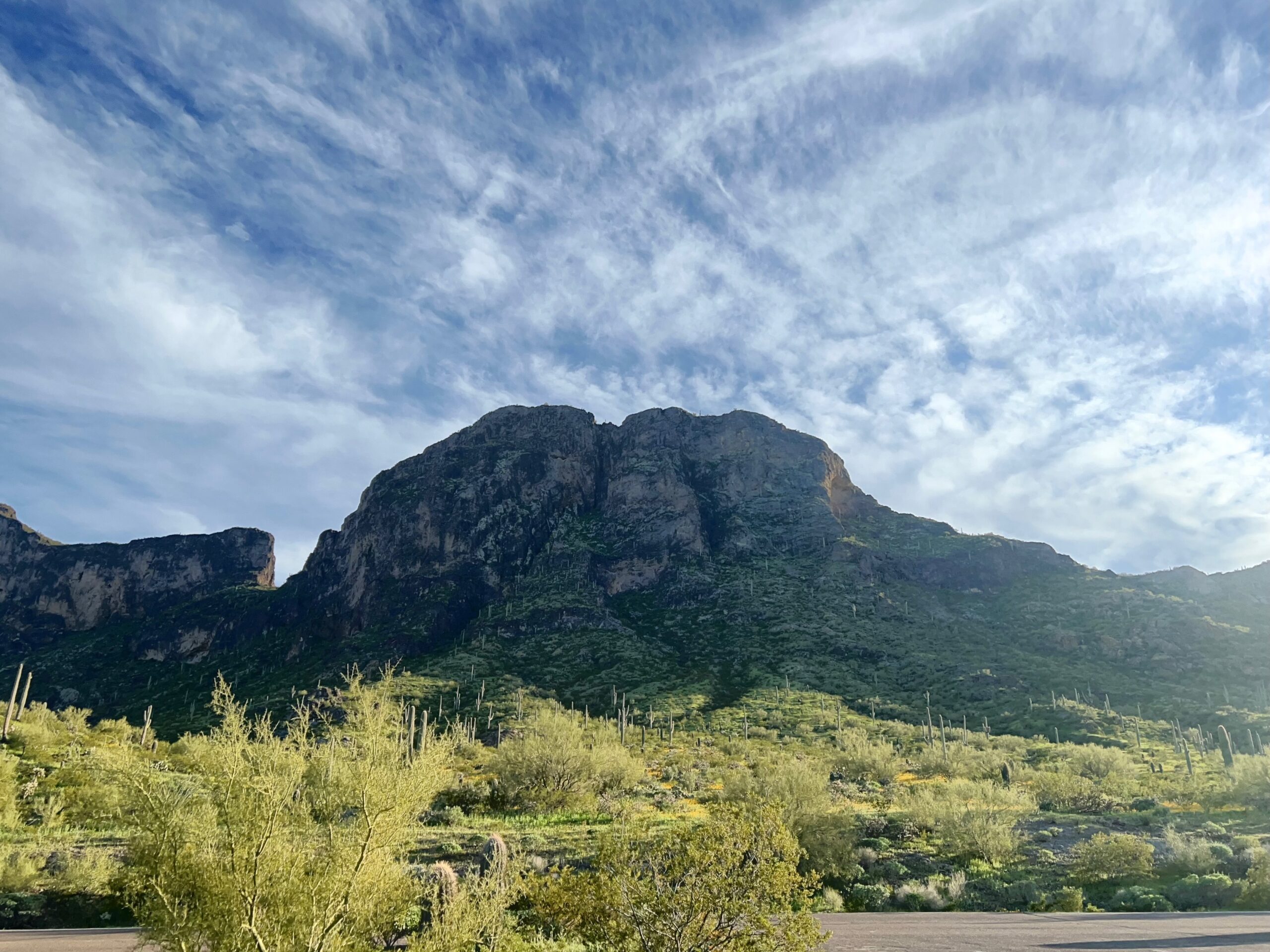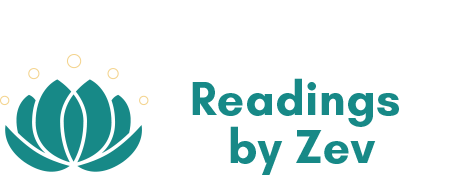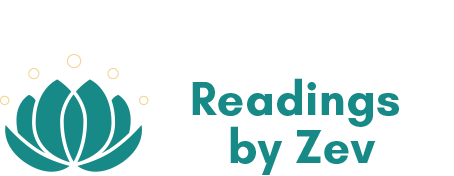
08 Oct How to get the most out of a reading
I’m often asked to describe what a reading is, and I do so from a reader’s perspective. But I’d like to offer a different vantage point: what it’s like for me to receive a reading. My hope and intent is to give you a better sense of what a reading can be, and how I get the most out of the experience.
Your first question might be: Why does a psychic need to get a reading in the first place? It’s because us intuitives are just like anybody else, in the sense that we have a harder time being neutral when it comes to looking at our own stuff. That’s not to say that I can’t get my own information for and about myself. It’s just that every now and again I benefit enormously from the vision of an outside perspective.
When I get a reading from Michelle, a teacher at Psychic Horizons (where I studied to do the thing I do), I always prepare a list of things to look at. I begin this list in the days or weeks leading up to my reading, and on this list are items that I’m lit-up about. These might include people, situations, or attitudes within myself that I am perplexed by, or in full-resistance to.
I start with the notion or paradigm that I am not a victim, though there may very well be victim pictures in my space. To harbor the belief that “it’s personal,” or that I am a victim would be to give up all my power from the get-go. This would be misguided, because I understand that the wounding that others might perpetrate is an expression of their own injury or attitudes about themself, rather than some insight into my worthiness, or lack thereof. Therefore, I’d prefer to own that a “picture” is operating at the level of “victim” in my space, rather than let a victim identity run me. I know I will need my power to change the things I can, so I won’t give it away to the illusion of victomhood. In other words, I’m aligning my questions to the the laws of karma: that I am responsible for myself and what I’m creating, and not for what others may choose to say, think, or do.
I’m culling from my list any “asks” in the form of an advice-querry, because like me, Michelle won’t give any advice. What another human being “ought to do,” is utterly unknowable, so a clear reading will not contain “shoulds,” because that would be tantamount to an opinion. But just because I’m not shifting this responsibility to Michelle, that doesn’t mean that she can’t help me get closer to actionable information. It’s ultimately the point. I know that her clarity of vision will make the desire for advice superfluous.
There can be strong motivations to know some kind of future-time information, and I’m not immune to this either. For me, the picture is that if I were to know that some action would have a certain outcome, then I’d feel more confident to make a choice, take a risk, etc. But this is the paradox of attachment to outcome: it robs us of process by focusing on ends, rather than the quality of our means. This can become a self-defeating attempt to circumvent the unilateral direction of time. And since what matters most is to direct intent towards the things you want, fixation on outcome itself can be a block to achieving a goal.
A good reading really starts with the right questions, with allowing myself to ask what I really want to know, outside the framework of advice and future time. I get these questions by paying attention to my hang-ups, issues, judgements, fears, and biases. I know that the pictures that exist in my shadow are energy drains, that is, until I bring them into the light. As such, my questions are set in terms of origin energy: why am I feeling the way that I am, or doing what I’m doing? What are my patterns? What sets of invalidations am I operating from? Where have my boundaries turned into walls? What am I not seeing, because I can’t see the forest for the trees? How can I be more efficient in terms of where I put my energy. And if I am resistant to being more efficient about something, then why is that?
As Michelle is relating the information, more avenues of inquiry typically present themselves, and inspire more questions. I’m the one trapped in my own knots, so I actively participate. I take a proactive roll because acknowledging my agency, even and especially when I’m on the receiving end of a healing, validates my agency: namely that I have the power within me to change the things about myself that I’d like to change.
There’s usually some early childhood, past-life, or epigenetic ancestral experience that’s continuing to play a role in the present. I endeavor to follow the through lines of karma like an archaeologist, sifting meaning from pain and invalidation. Although an energetic picture might be interesting for it’s details, that’s not the goal. When I can own that a picture is in my space, and unravel the story of how it got there, or what keeps it there, I’ll often experience a physical or emotional impact, goosebumps of recognition or heat of transformation. There’s a hit that a puzzle piece fits, or more often, no-longer fits, and is ready to be cleared.
For me, a reading has the power to still and relax the baseline experience of being in a body. I may feel more grounded, more hope, or sometimes grief, especially if I’m looking squarely at loss or suffering. My visual perception may sharpen, or the passage of time may slow down, or speed up.
The lasting benefit: I can see in my life that certain patterns have faded away, that I’ve become neutral, or feel empowered, around situations and people that used to light me up. I can tell that I’ve become more energetically efficient, as I’ve let go of energetic leaks and drains, and this allows me to feel more centered, capable, relaxed. In my estimation, being able to contain and retain energy is at the heart of personal growth and power. And that’s only some of what I get out of readings. Your mileage may very. I hope to see you again soon on that road!

